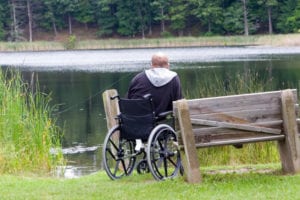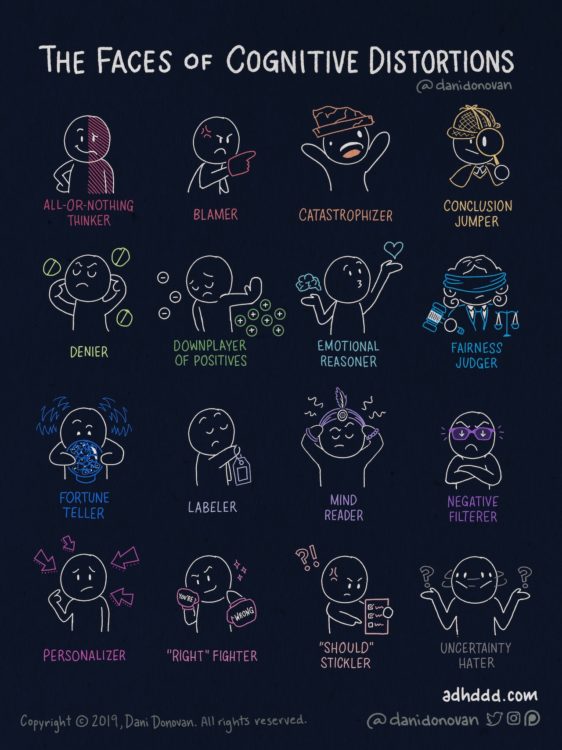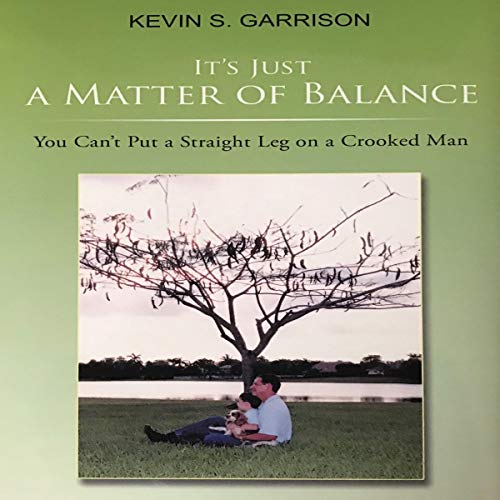
“Stop feeling something is missing.” says your significant other. Amputees all face this even after they have felt they are back to doing almost everything they did before their amputation. That feeling of loss can erupt suddenly for no apparent reason. You might call it “feeling empty,” while someone else might call it limb loss. What matters the most is that it’s real. Although overwhelming, it can be managed. Uncovering what’s lying underneath this feeling might not be a straightforward process, but it’s possible and a recommended first step toward its resolution. The feeling of missing part of yourself might last a few days and then resolve on its own. Other times, it might linger for weeks or longer. When this is the case, seeking the support of a mental health professional can help.
Why After This Long?
Limb loss can start as a sense of loneliness, confusion about your life and goals, or lack of motivation. Just as losing a significant other can leave you yearning for that person to be back in your life you miss your limb in the same way. In both situations, you feel a void in your heart. Until you resolve those feelings, you will be dealing with the longing to be back in the past. The pandemic intensifies this experience as social distancing, loneliness, and the fear of catching the virus all contribute to this grieving process.
An amputation requires regaining a lifestyle and realizing that there are things you can no longer do. It means forging a new life for yourself, resolving these feelings, and moving on. Missing a limb shares some mental health symptoms with depression, bipolar disorder, and post-traumatic stress disorder. Only a mental health professional can diagnose your condition accurately. But what happens when your feeling of loss and emptiness does not go away? How to Deal with Feeling Part of You is Missing
Losing Touch With Your Body
It’s not unusual for someone to lose touch with their sense of their body after an amputation. If you don’t look at where the lost limb was, you can go back to a time in your life before your amputation. This wishful dreaming shows that you are missing that limb and have not gotten over missing it. Some people call this “living before your loss.” You are stuck in the past when you are not living in the present. You realize you have to start living in the present. Losing touch with yourself can come from many circumstances. You may find yourself dreaming of” being whole again” in your dreams. You have unresolved feelings from your bodily loss.
Resolving Past Experiences
Feeling loss and emptiness comes from unresolved grief. Part of you has not come to terms with your bodily change. It may be too painful. You may be glossing over the feelings that are erupting. When we don’t openly talk or explore emotions that have been with us for a long time, they come back in the sense of loss and despair.
Even if it feels overwhelming and painful, thinking and talking about significant past events that caused you grief may help you process them. Depending on how strongly you feel about these events, going through the process with a mental health professional is highly advisable.
Not Having Significant Relationships
The Harvard Study of Adult Development, one of the most extended studies about adult life, has found that maintaining close relationships is the most critical aspect of the human experience. It’s not about how many connections you have but rather the quality of these relationships. Emotional intimacy, support, active listening, and company are all important. When these are missing in your life, it could lead to feelings of emptiness and loss.
Is Limb Loss Really Depression?
An amputation recovery shares symptoms with clinical depression but is caused by a physical event. Studies show that the most effective treatment of depression is the combination of antidepressants and psychotherapy. There is no reason why this would not generalize to resolving your amputation grief over limb loss. Always remember, you are much more than your physical experience.
Stop Feeling Something is Missing
Feeling empty is not always a sign of depression, though. The only person who can diagnose your condition accurately is a mental health professional. They might help you figure out the nature of your feelings and the different paths you could take to feel better. Finally, the goal is to have a meaningful life. You will stop missing your limb when you are solidly in the present. That means new normalcy. You are returning to essential life roles such as caring for yourself, being a family member, and returning to work. Having a prosthesis can assist with your integration back into such activities. Lastly, re-engaging in life’s activities and being in the present reduces those excursions into the past, and longing for that lost limb does not preoccupy you.




